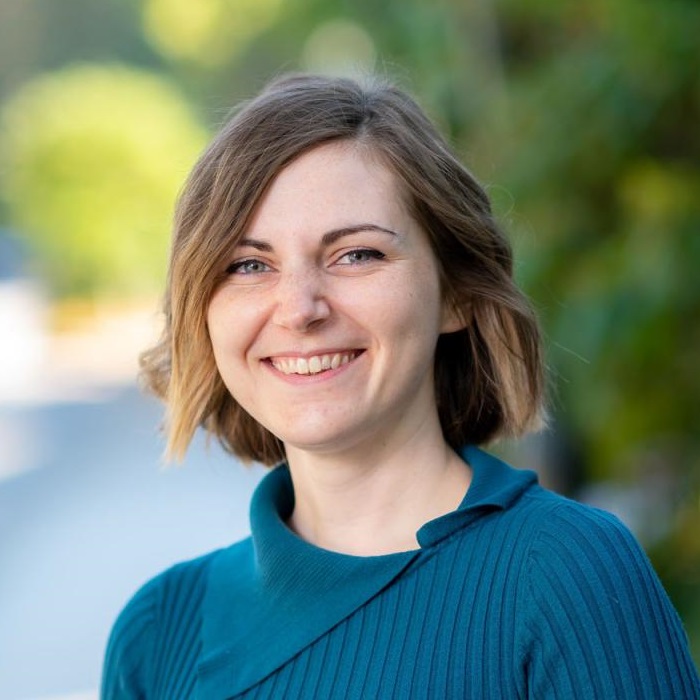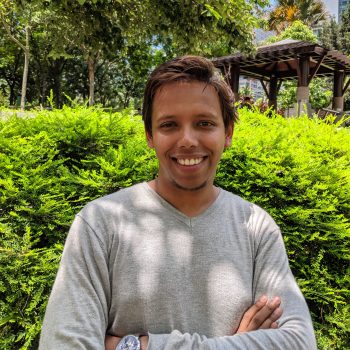1. Rewilding as a Plural Boundary Object: Implications for Research and Practice
2. Characterizing uncertainties in the decarbonization of maritime shipping: an expert elicitation study
Time: 12:30pm to 1:20pm
Location: Beaty Museum Theatre, Allan Yap Theatre (Basement, 2212 Main Mall) Please check in at front desk on main floor before going downstairs.
No food or drinks allowed in the Theatre.
View Video Here
Talk summary:
Roughly one million irreplaceable species face extinction. Addressing this biodiversity crisis will require collaborative effort, not only to prevent further losses, but also to recover lost species and ecological processes. “Rewilding” is one such regenerative approach that uses tools like species reintroduction and landscape restoration to restore degraded ecosystems. However, the meaning of rewilding is hotly contested, and much scientific energy has been devoted to establishing a discrete, “unifying” definition. We argue that rewilding is a “boundary object” that will inevitably be understood, summoned and valued differently by diverse actors with varied goals. This reality comes with pros and cons: boundary objects can be evocative orienting points to foster collaboration and dialogue, but their malleability can also produce conflict, confusion and manipulation. Using case studies of global rewilding projects, we explore the implications of this plurality for practice and scholarship.

Bio:
Jo Fitzgibbons is a PhD Candidate in CHANS Lab at the UBC Institute for Resources, Environment and Sustainability (IRES) and a Planning Analyst with the Vancouver Board of Parks and Recreation. With an interdisciplinary background in urban planning, geography and international development, her research explores inclusion of plural knowledge systems in planning and public engagement, and the role of evocative discourses such as “rewilding” and “resilience” as orienting points for more inclusive sustainability action.
Talk summary:
Maritime shipping is the backbone of global trade and economy. It is also a significant contributor to greenhouse gas (GHG) emissions, accounting for ~3% of world’s annual GHG emissions, and expected to rise to 17% by 2050. The International Maritime Organization (IMO), a UN special agency and the de facto global shipping regulator, recently adopted an ambitious GHG Strategy aligning the maritime shipping sector with a 1.5°C-warming scenario. However, concrete policy instruments are yet to be adopted, with deliberations underway on adopting a global carbon tax and a GHG intensity standard by 2027. While the regulatory landscape has been rapidly evolving, deep decarbonization of the sector is mired with uncertainties. In this talk, I will present a summary of results from an expert elicitation study that we employ to characterize and understand some of these uncertainties in decarbonizing maritime shipping.

Bio:
Imranul Laskar is a PhD Candidate in Amanda Giang’s lab at IRES. His research interests center around the intersection of science, technology, and policy, specifically within the domains of pollution, energy, and climate. Currently, his research focuses on understanding uncertainties, policy approaches, and air quality co-benefits and trade-offs during decarbonization in the maritime transportation sector. Imranul holds a bachelor’s degree in chemical engineering, and an MSc. in environmental engineering from the University of Alberta. He serves in a capacity within the federal government and has previously held research and leadership positions in municipal governments, environmental consulting, and the oil, gas, and petrochemical sectors.